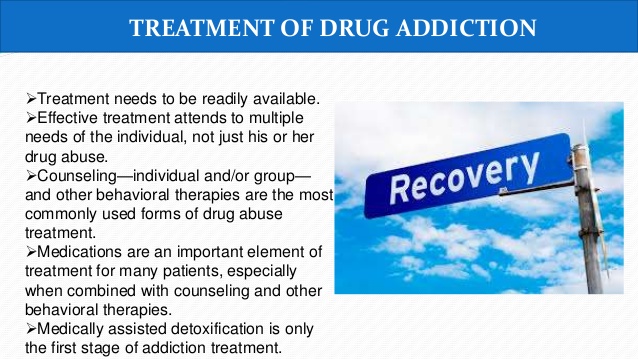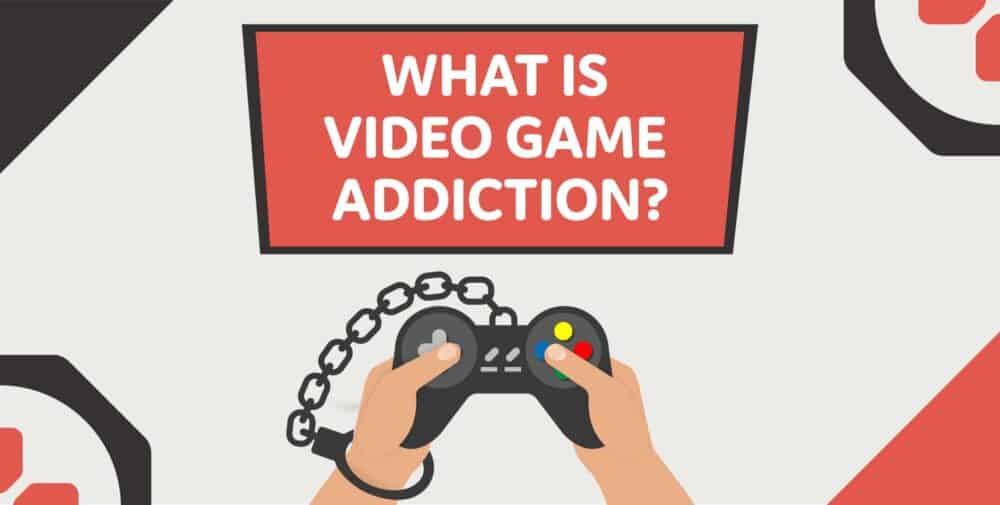However, numerous lines of proof link a sleep stage called Rapid Eye Movement. After you go to sleep, your brain goes into three progressively deeper phases of non-REM sleep, which is primarily dreamless. After about 90 minutes, it goes into Rapid Eye Movement sleep, which is when most dreaming takes place. Typically, the brain will cycle through these stages numerous times in the course of a night's sleep, with the REM phases getting gradually longer.
Research recommends that we process emotional memories during healthy Rapid Eye Movement, assisting us "unlearn" frightening or painful experiences. Els van der Helm and Matthew Walker, sleep scientists at the University of California, Berkeley, have hypothesized that the regular pattern of psychological processing that takes place during REM sleep breaks down in individuals with anxiety.
Surprisingly, in some people, overall sleep deprivation can rapidly lift depression, though just temporarily. Van der Helm and Walker think that this may operate in much the same way as the antidepressants by denying the brain of this dysfunctional kind of Rapid Eye Movement sleep. Issues with REM sleep likewise appear to contribute in post-traumatic stress disorder (PTSD).
A evaluation of research study suggests that the drug prazosin, which physicians usually prescribe for high blood pressure, can ease the problems of military battle veterans with PTSD.Noradrenaline suppresses REM sleep. By decreasing the hormone's concentration in the brains of veterans with PTSD, prazosin might promote more effective Rapid Eye Movement, which then erases the psychological label that is triggering their recurrent headaches.
Along with examining the occurrence and nature of sleep problems in individuals with these conditions, the scientists will arbitrarily assign participants with sleep issues to get either their normal care or treatment at a sleep clinic. Explaining their upcoming study in the journal BMC Psychiatry, the psychiatrists compose:" In spite of a high event of sleep disorders and established https://how-do-i-know-if-i-have-depression.mental-health-hub.com/ negative impacts on psychological health, little attention is paid to sleep problems in psychological healthcare.

The Ultimate Guide To How Mental Health Affects Gun Violence
Sleep is as crucial to our health as eating, drinking and breathing. It permits our bodies to repair themselves and our brains to combine our memories and procedure details. Poor sleep is connected to physical problems such as a weakened body immune system and mental illness such as anxiety and anxiety.
This includes basic ways to improve your 'sleep health', such as adjusting the light, sound and temperature level in the bed room and altering your eating, drinking and workout routines, recommendations which can likewise be discovered in Sleep Well, our useful pocket guide to better sleep. The report also includes guidance on how Cognitive Behavioural Therapy can be more efficient in assisting people with long-term sleeping disorders than medication, and how NHS policy could be changed to show this reality.
Have you ever gone to bed worried about an important, early morning meeting? You understand you require to be well rested in order to put your best foot forward, so you invest the entire night lying wide awake thinking of how you actually require to fall asleep? It's something we have actually all experienced.
Handling the unusual agitated night is something, but for many individuals, uneasyness isn't a separated event. In reality, it's estimated that 40 million Americans have a chronic sleep condition. And with sleep and psychological health being so carefully related, there's an indisputable connection happening. 50% to 80% of people seeking mental healthcare likewise suffer concerns with sleep, and those who are suffering from anxiety, anxiety, or ADHD are especially likely to grapple with sleep as well.
However, more current research has actually recommended that this may not be the whole story. These studies have found that sleep disturbances might actually be working as a trigger, raising your threat of developing a psychological health condition. While scientists aren't exactly sure why this is, they have actually found some connections.
Everything about How Mental Health Affects Daily Activites
Studies have shown that REM sleep assists our brains enhance discovering abilities, memory, and total psychological health. When this type of sleep is disrupted, our neurotransmitters and stress hormonal agents are likewise disrupted. For that reason, this disruption can exacerbate any already-present symptoms of psychological health conditions and vice versa. Numerous research studies have actually shown that approximately 90% of grownups and kids with anxiety also suffer from some type of sleep concern.
One longitudinal research study found that participants with insomnia were 4 times more likely to establish anxiety than their non-insomniac counterparts. Several other research studies have actually looked at the relationship between sleep and depression in young individuals. Surprisingly, they discovered that sleep issues started prior to their anxiety did. It's approximated that more than half of adults suffering from generalized stress and anxiety disorder likewise have sleep issues.

Being distressed can make it challenging to fall or stay asleep, which can then trigger stress and anxiety about losing sleep. One survey found that over half of people afflicted with both sleep concerns and anxiety developed stress and anxiety particular to going to sleep in the evening. Similar to depression and sleep, losing quality rest can amplify the signs of anxiety.
There are fewer studies on the effects of ADHD on sleep, but numerous adults and kids with ADHD will suffer comparable sleep disturbances. Numerous victims will regularly experience "perverse sleep" being awake when it's time for bed and being tired when it's time to be awake. People with ADHD will regularly report problems with dropping off to sleep, staying asleep, and getting deep, restful sleep.
Acknowledging the power of sleep and its relationship with mental health is more essential than ever in today's busy, restless culture. Understanding how one impacts the other not only helps in getting the most precise diagnoses, but likewise help in enhanced treatments for both conditions. To learn more about Neurocore's med-free sleep program, give us a call at 800.600.4096.
The 30-Second Trick For How Sexual Assault Affects Mental Health International Business Times
Do you typically work longer in the night? Do you spend a great deal of time partying with good friends into the early hours? Or do you have children who typically keep you awake at night? With work, family and other life commitments, much of us simply don't get the advised 7 or 8 hours of sleep.
It can be easy to dismiss sleep as not being essential in keeping a psychologically healthy way of life however are we missing a technique? How essential is an excellent night's sleep to how we work psychologically? of discusses why sleep is so important to our, and what we can do to help improve our sleeping habits - how dating at a young age affects mental health.
The results of one study (Yoo, Gujjar et al (2007 ). A deficit in the ability to form new human memories without sleep. Nature Neuroscience, 10( 3 ), 385-392) indicate that a night of restful sleep may 'reset' brain reactivity in order to prepare for psychological difficulties the next day. Sleep has an essential restorative function in 'charging' the brain at the end of every day, similar to we need to charge a smart phone battery after prolonged use.
Continuous poor sleep can be a substantial danger aspect for the development of significant depressive condition. The threat of feeling and/or (in addition to intensifying existing anxiety and anxiety) increases with the seriousness of, therefore it is important to recognise and figure out sleep issues as quickly as they are identified.